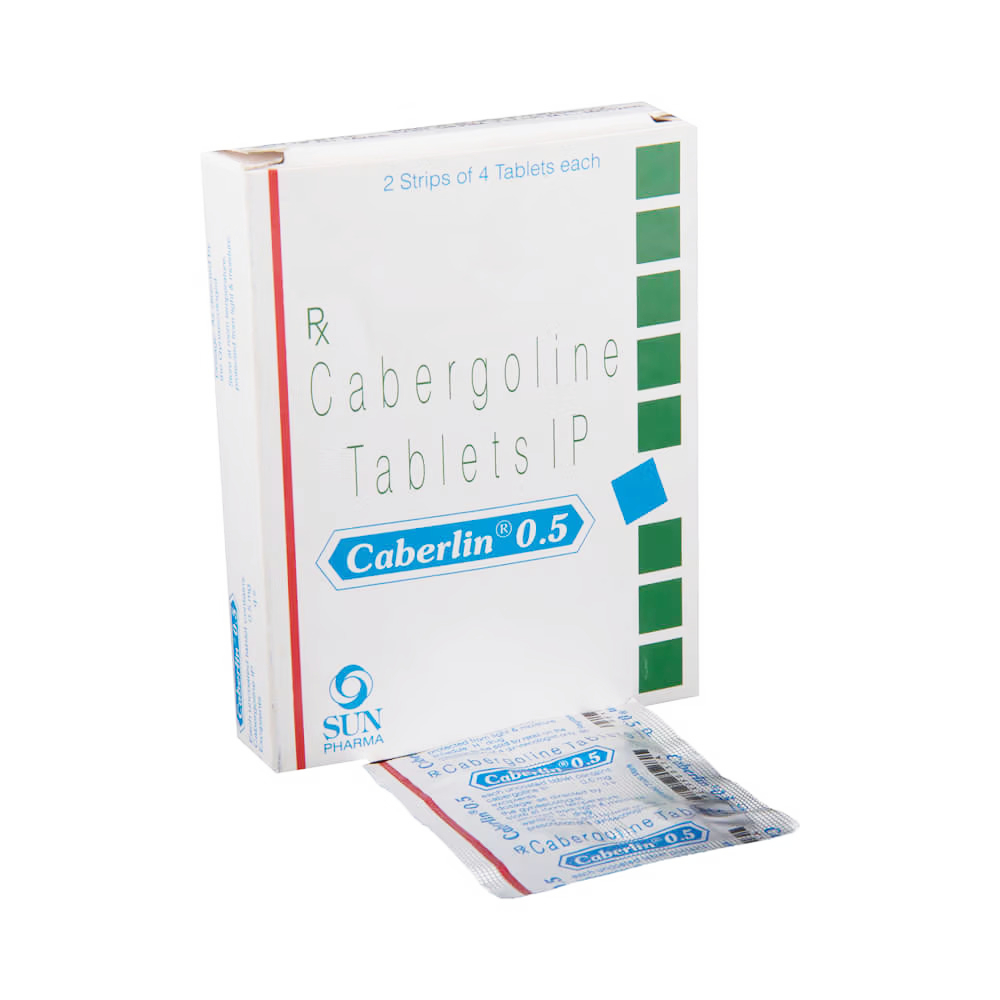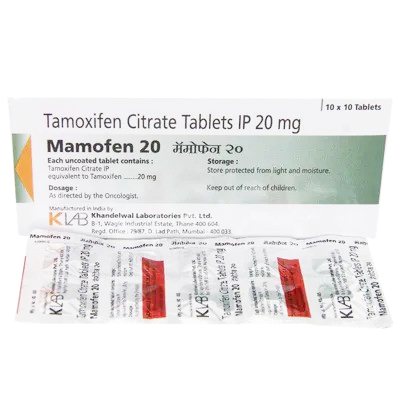Cabergoline
What is Cabergoline?
Cabergoline is a medication primarily used to treat hyperprolactinemia, which refers to elevated levels of prolactin in the blood. Prolactin is a hormone that plays a crucial role in lactation and reproductive health. High levels of prolactin can lead to various symptoms such as infertility, sexual dysfunction, and bone loss in women who are not breastfeeding, as well as symptoms like decreased libido and gynecomastia in men.
Mechanism of Action Cabergoline belongs to a class of drugs known as dopamine receptor agonists. It functions by stimulating dopamine receptors in the brain, which leads to a decrease in prolactin secretion from the pituitary gland. This action helps restore normal prolactin levels and alleviates associated symptoms.
Dosage and Administration Cabergoline is administered orally in tablet form, typically taken twice a week with or without food. The initial dosage is usually low, with gradual increases based on the patient’s response and tolerance. It is essential for patients to follow their healthcare provider’s instructions closely regarding dosage adjustments and adherence to the prescribed regimen.
Indications Beyond Hyperprolactinemia In addition to treating hyperprolactinemia, cabergoline may also be prescribed for managing Parkinson’s disease. This neurological disorder affects movement control and balance due to dopamine deficiency. The use of cabergoline for Parkinson’s should be discussed with a healthcare professional due to potential risks.
Precautions Before Use Before starting cabergoline, patients should inform their healthcare provider about any allergies, existing medical conditions (such as liver disease or heart valve issues), and all medications they are currently taking. Special caution is advised for individuals with a history of high blood pressure or pulmonary fibrosis.
Potential Side Effects Common side effects of cabergoline include nausea, dizziness, fatigue, and gastrointestinal disturbances such as constipation or heartburn. Serious side effects may involve cardiovascular issues like shortness of breath or swelling in extremities. Patients are advised to seek immediate medical attention if they experience severe adverse reactions.
Drug Interactions Cabergoline can interact with other medications, including antipsychotics and certain antifungals that may affect its metabolism. Therefore, it is crucial for patients to maintain an updated list of all medications they are taking and discuss potential interactions with their healthcare provider.
Storage and Disposal Cabergoline should be stored at room temperature away from moisture and heat sources. Unused medication should not be disposed of by flushing down the toilet; instead, patients should consult local guidelines for safe disposal methods.
Conclusion Cabergoline serves an important role in managing conditions related to elevated prolactin levels while also being utilized for Parkinson’s disease treatment under specific circumstances. Patients must adhere strictly to medical advice regarding its use while being vigilant about potential side effects and drug interactions.











Reviews
There are no reviews yet.